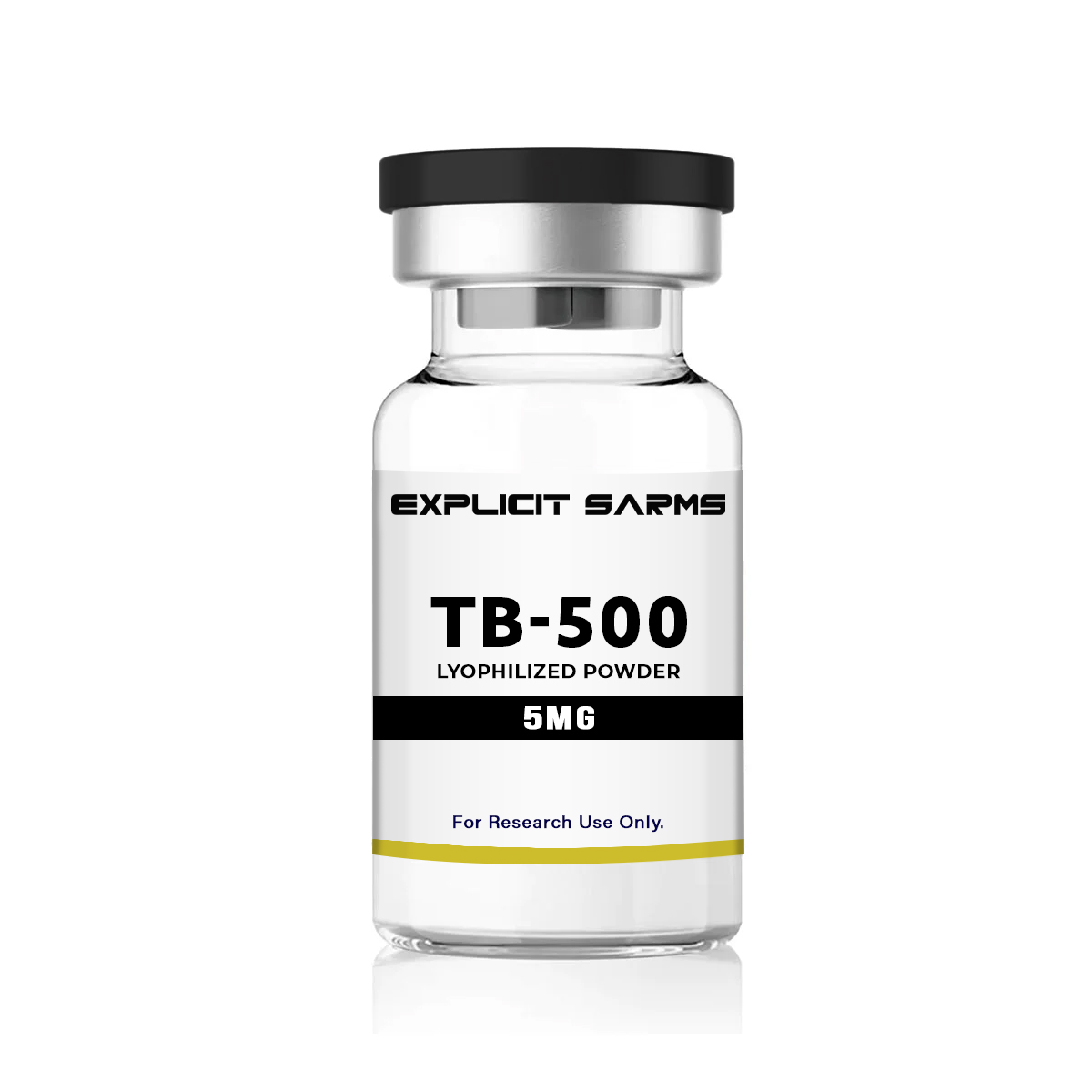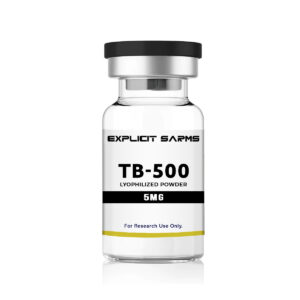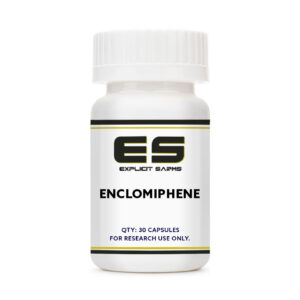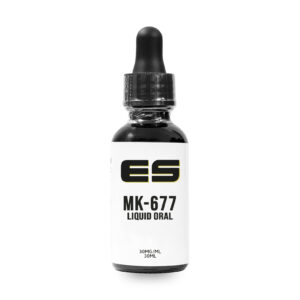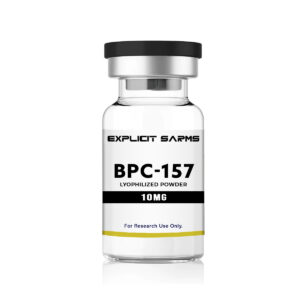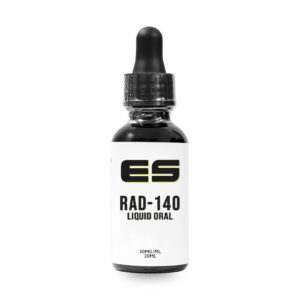5mg
1 vial
Molecular Formula: C212H350N56O78S
What is Thymosin Beta 4 (TB500) ?
Thymosin beta-4 is a naturally occurring peptide found in all cells of the body, except for red blood cells. With a composition of 43 amino acids and a mass of 4.9 kDa, thymosin beta-4 plays a crucial role in cellular migration, proliferation, and differentiation by binding to the G-actin cytoskeleton. Its presence is particularly notable at wound sites, where it aids in the healing process. Platelets and macrophages, the initial responders during injury, release high concentrations of thymosin beta-4.
Due to its mobilizing properties and its involvement in healing and angiogenesis, thymosin beta-4 has been extensively studied in both in vitro and in vivo models of various conditions, including cardiac injury caused by ischemia, stroke, ischemic limbs, liver fibrosis, and corneal injury. Researchers utilize both chemically-synthesized and recombinant forms of this peptide in their investigations.
In a mouse model of coronary ligation, thymosin beta-4 has shown to interact with Akt and integrin-linked kinase (ILK), leading to improved heart function by enhancing the mobility and survival of cardiomyocytes. Similar positive effects have been observed in embryonic hearts, where migration and survival are enhanced, even in postnatal cardiomyocytes.
In an in vitro model of liver fibrosis utilizing hematopoietic stem cells (HSCs), exogenous thymosin beta-4 supplementation inhibited the proliferation of activated HSCs, potentially contributing to decreased fibrosis. However, it’s worth noting that endogenous thymosin beta-4 appeared to have the opposite effect, highlighting the importance of further studies using exogenous peptides.
In the context of corneal injury, thymosin beta-4 promotes cell migration and differentiation to the cornea, facilitating wound repair. This is particularly significant as the cornea is an avascular tissue that often poses challenges in healing without causing fibrosis.
Thymosin beta-4 is commercially available as a white lyophilized powder, typically provided in vials containing 5 mg of the peptide.
Thymosin Beta 4 (TB500) Info Based off of Research
- Tissue Repair and Regeneration: TB-500 is believed to promote tissue repair and regeneration. It may accelerate the healing of injuries, including muscle tears, ligament and tendon injuries, and wounds, by enhancing the body’s natural regenerative processes.
- Muscle Recovery: Athletes and individuals engaged in strenuous physical activities may use TB-500 to aid in muscle recovery. It may help reduce recovery time between workouts and minimize muscle soreness.
- Joint Health: TB-500 is sometimes used to support joint health and alleviate joint pain associated with conditions like osteoarthritis. It may help improve joint mobility and reduce inflammation.
- Cardiovascular Health: Research suggests that TB-500 may have potential cardiovascular benefits. It may promote blood vessel growth (angiogenesis) and help improve blood circulation, which can benefit heart health.
- Wound Healing: TB-500 has been explored for its ability to enhance wound healing, including chronic wounds that are slow to heal. It may accelerate the formation of new blood vessels and tissue at the wound site.
- Hair Growth: Some users have reported improved hair growth and hair thickness with the use of TB-500. This has led to its investigation for potential applications in treating hair loss.
- Immune System Support: TB-500 may have immune-modulating properties that can support the immune system’s function. It may help the body respond to infections and inflammation.
- Anti-Inflammatory Effects: TB-500 is thought to have anti-inflammatory properties, which could be beneficial for reducing inflammation associated with various conditions.
- Neuroprotection: Some studies have explored TB-500’s potential neuroprotective effects. It may support the health and repair of nervous tissue, which could have implications for neurological conditions.
- Improved Flexibility: Athletes and individuals seeking improved flexibility have reported benefits from TB-500, as it may support joint and tissue health, allowing for greater range of motion.
TB‑500
Wound Healing & Regeneration Evidence:
- Skin wound model: Topical or IP Tβ4 increased re-epithelialization by 42–61% and collagen deposition in full-thickness wounds
- Dermal repair across models: Accelerated healing in steroid-treated, diabetic, and aged rodents via enhanced tissue regeneration
- Clinical phase II: Improved healing in pressure ulcers, stasis ulcers, and epidermolysis bullosa patients
- Recent white paper summary: Acceleration of wound closure, tissue regeneration, and corneal/diabetic wound improvements described
Safety Disclaimer
This product is intended for research purposes only. It is not intended for human consumption or medical use.
